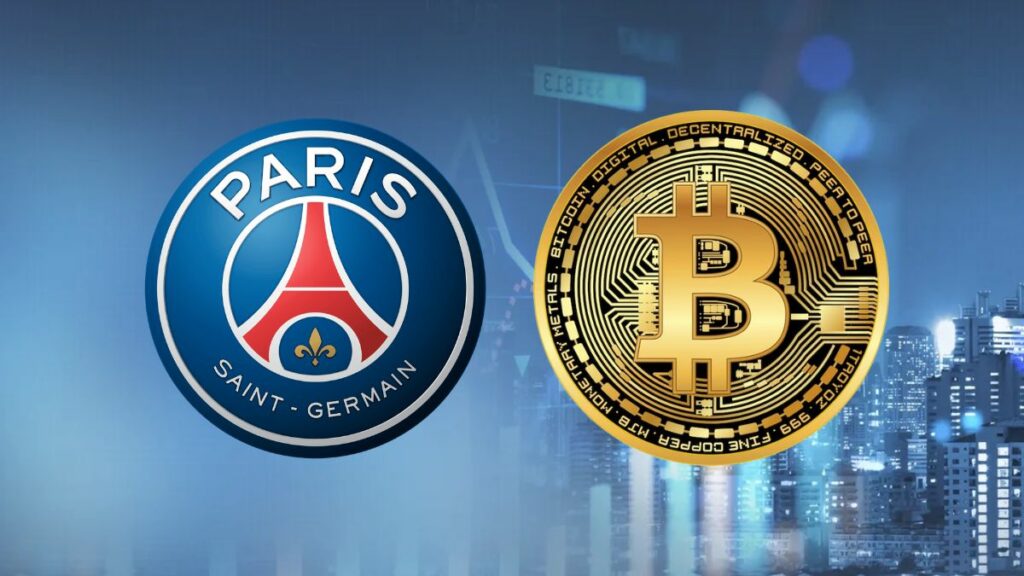PSG Makes History as First Football Club to Embrace Bitcoin in Treasury

Paris Saint-Germain (PSG) has set a new precedent by becoming the first professional football club to include Bitcoin in its treasury reserve strategy, signaling a bold move at the crossroads of global sports and digital finance.
During the Bitcoin 2025 conference in Las Vegas, PSG Labs lead Pr Helgosson revealed that the club quietly converted part of its cash reserves into Bitcoin last year and continues to hold the cryptocurrency on its balance sheet. “We put Bitcoin in our books, and we still have it,” Helgosson told the audience.
This decision places PSG in the company of major corporations like MicroStrategy, GameStop, Trump Media, and Twenty-One Capital, which have integrated Bitcoin into their corporate treasuries as a safeguard against inflation and a long-term store of value.
Unlike other sports organizations that briefly explored digital assets through fan tokens and NFTs during the crypto boom, PSG’s approach represents a deeper, structural commitment. The club officially recognizes Bitcoin as part of its financial reserves, aligning itself with tech firms and financial institutions embracing decentralized finance.
PSG’s rationale stems from its massive fan base of over 550 million worldwide, with 80% under the age of 34. This digitally native generation, accustomed to smartphones, social media, and online payments, increasingly sees Bitcoin as a symbol of financial freedom and innovation.
Beyond football, PSG is expanding as a global lifestyle brand. Helgosson highlighted PSG Labs, the club’s innovation wing launched in 2023, which explores blockchain, virtual reality, tokenized experiences, and digital assets.
The club also plans to invest in early-stage crypto startups and support Bitcoin entrepreneurs, leveraging its brand and global partnerships to help bring products to market, raise capital, and gain international exposure. “We will launch with you, list with you, raise with you,” Helgosson said, emphasizing PSG’s ambition to be an active player in the Bitcoin ecosystem.
This move marks a new chapter in digital asset evolution, where traditional institutions like sports franchises begin to drive mainstream adoption.
